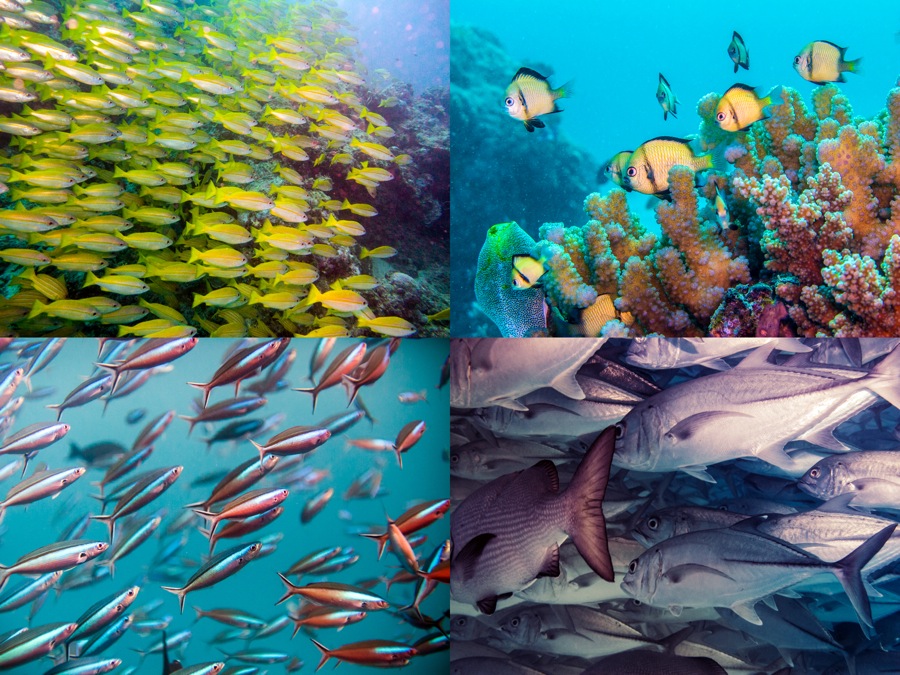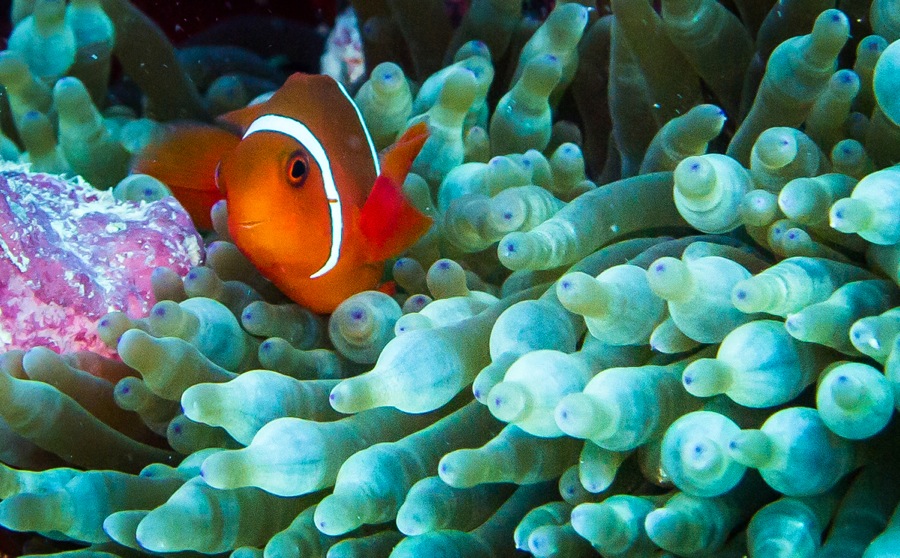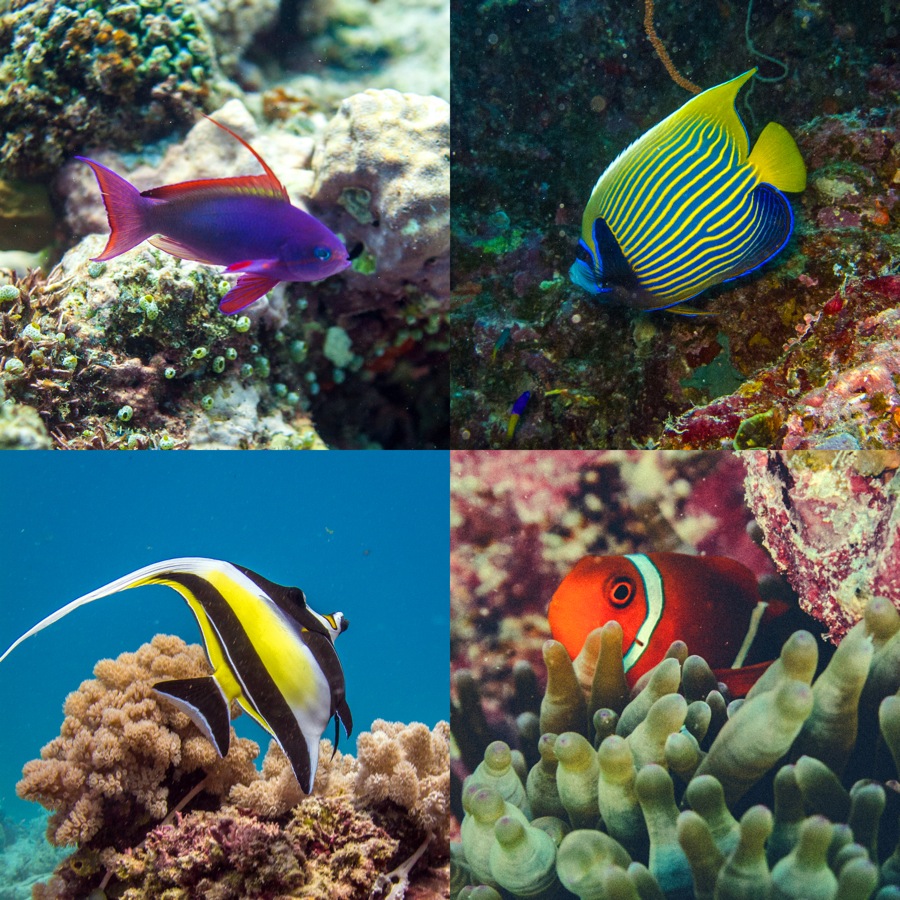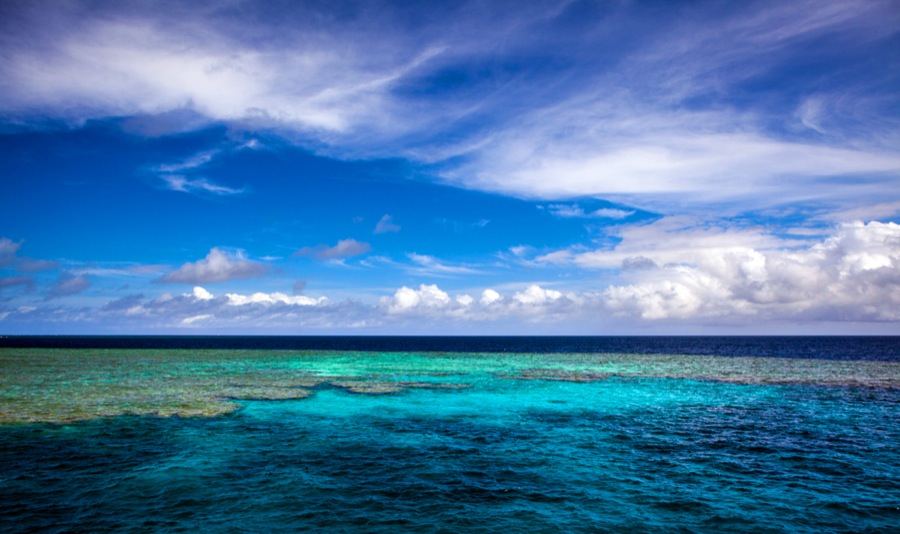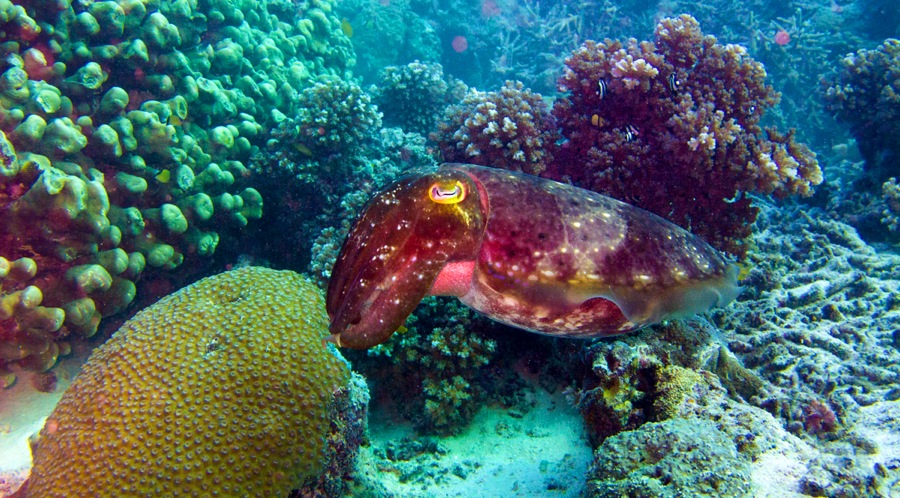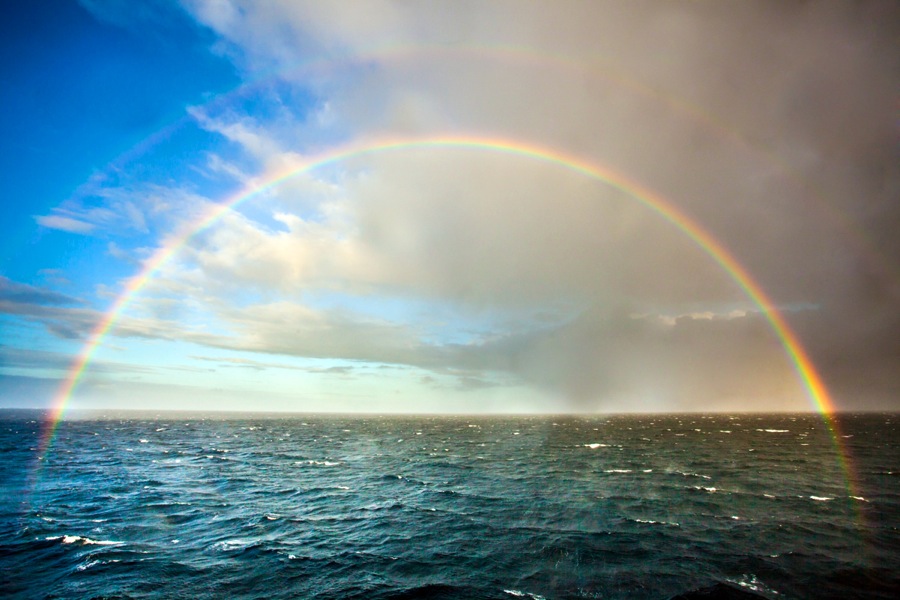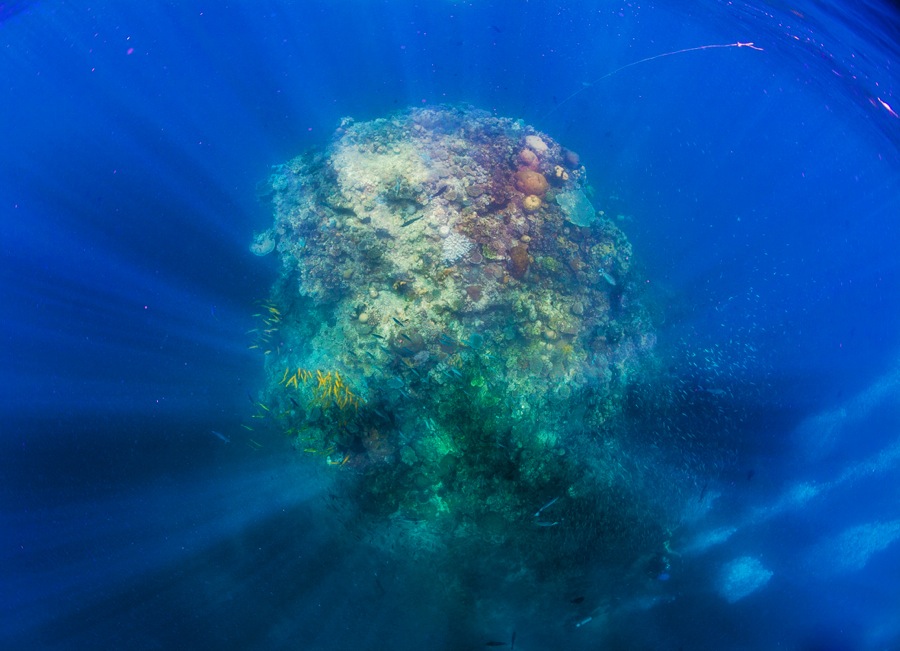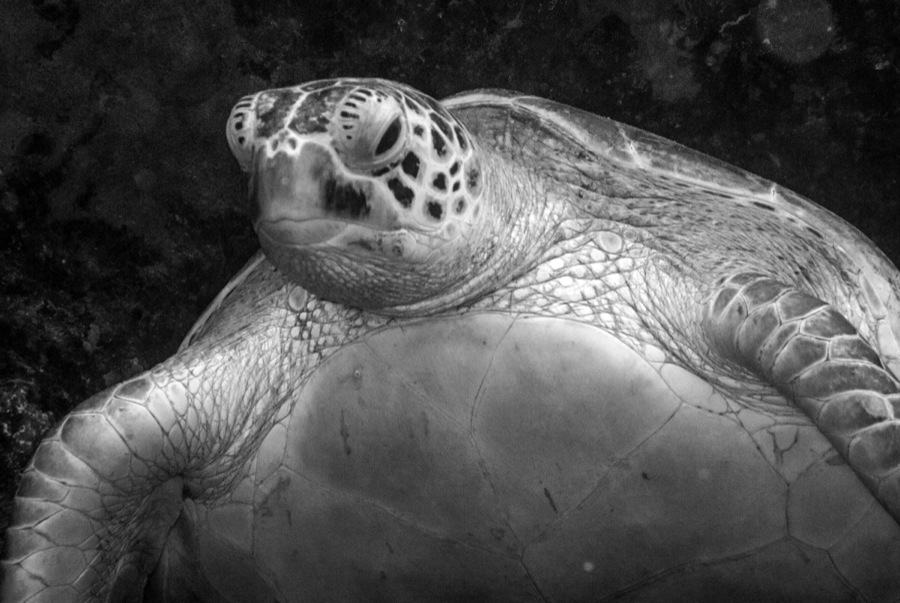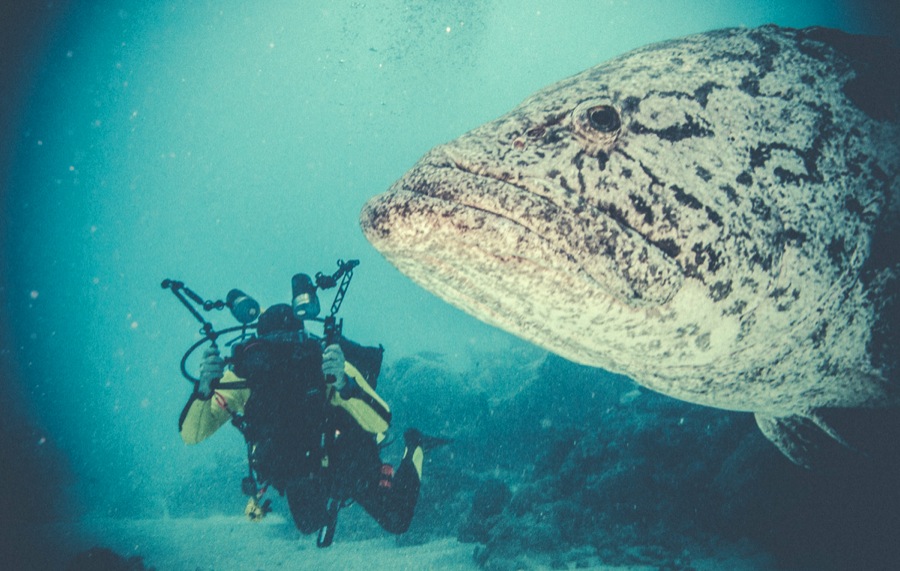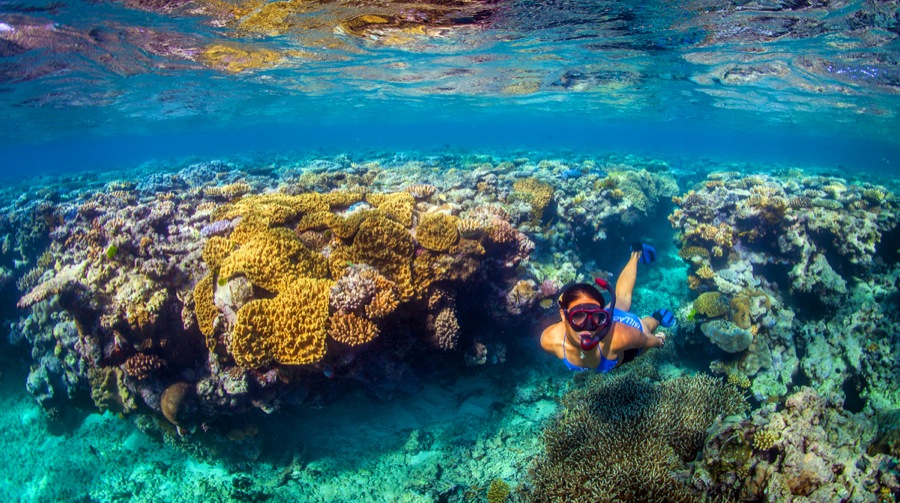THE GREAT BARRIER REEF IS one of the natural wonders of the world, and it’s dying. That’s according to scientists, who say the reef is “terminal” thanks to the massive bleaching events that have happened as a result of climate change.
This is an enormous tragedy for the planet — the Great Barrier Reef is one of the most beautiful and biodiverse ecosystems on the planet, and its collapse is mostly the fault of mankind. Huge swaths of the reef are going through what’s known as “bleaching.” In short, bleaching is what happens when coral is put under great stress in its environment, possibly by a rise in temperatures or an increase in pollution. When coral bleaches, it is more likely to die. And if enough coral in a reef dies, much of the other life in the reef goes with it.

